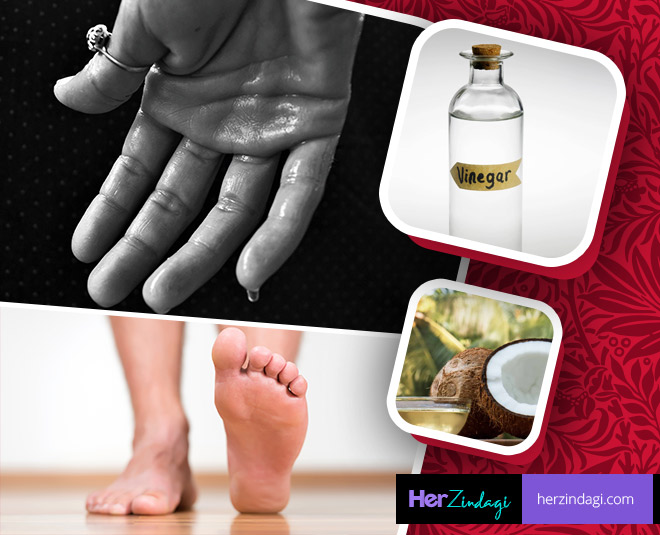Efficient Dermatology Solutions for Excessive Sweating: How to Stop Sweaty Hands and Feet
Efficient Dermatology Solutions for Excessive Sweating: How to Stop Sweaty Hands and Feet
Blog Article
Understanding the Source of Excessive Sweating and Its Effect On Every Day Life
Too much sweating, also referred to as hyperhidrosis, is a problem that influences a significant part of the populace, yet its hidden reasons and implications on daily working stay rather enigmatic. While it is commonly understood as a physiological action to manage body temperature level, the triggers for excessive sweating can vary widely among individuals, including not just physical variables yet psychological and also emotional elements. Additionally, the effect of this condition prolongs beyond simple discomfort, commonly affecting social interactions and overall quality of life. By delving into the root triggers of hyperhidrosis and discovering its complex results, a much deeper understanding of this pervasive issue can be gained, shedding light on the intricacies that people facing extreme sweating navigate on a daily basis.
Physiology of Sweat Glands
The law of sweat production, a critical physiological procedure, is largely managed by the task of sweat glands distributed across the human body. Sweat glands are classified right into two primary kinds: eccrine and apocrine glands.
When the body temperature increases, either as a result of exercise, heats, or psychological stress, the nerve system activates the gland to produce sweat. This sweat is composed mostly of water and electrolytes like salt and chloride. The process of sweat production is necessary for keeping the body's internal temperature within a narrow, ideal array, highlighting the critical role sweat glands play in human physiology.
Triggers for Excessive Sweating
In understanding the origin creates of extreme sweating, it is essential to recognize the triggers that can lead to this physical reaction. Physical physical effort, high temperature levels, and spicy foods are also recognized to activate excessive sweating in people prone to this problem.
Moreover, medications such as some antidepressants, opioids, and particular supplements can also work as triggers for hyperhidrosis. Comprehending these triggers is important in taking care of extreme sweating properly - How to stop sweaty hands. By recognizing and dealing with the details triggers that trigger too much sweating in an individual, medical care companies can create customized therapy plans to ease this problem and improve the person's lifestyle
Medical Conditions Associated
Linked with excessive sweating are different clinical problems that can intensify this physical feedback. One common condition is hyperhidrosis, a problem identified by abnormally boosted sweating that goes beyond the body's thermoregulatory needs. This can manifest in focal areas like the palms, soles, underarms, or face, influencing a person's lifestyle due to social humiliation and pain.
Furthermore, endocrine conditions such as hyperthyroidism, diabetic issues, and menopausal hot flashes can likewise result in extreme sweating. Hyperthyroidism triggers an overproduction of thyroid hormones, accelerating metabolism and triggering sweating. Diabetes can generate imp source sweating episodes, specifically throughout hypoglycemic episodes when blood sugar level degrees drop too low. Menopausal warm flashes, credited to hormone variations throughout menopause, can cause sudden and intense sweating, commonly gone along with by flushing and heart palpitations.
Furthermore, infections like hiv, tuberculosis, and endocarditis have actually been related to evening sweats, a typical sign known to interfere with rest and impact overall wellness. These medical problems highlight the diverse range of underlying variables that can add to excessive sweating, requiring detailed examination and management by health care experts.
Psychological and emotional Factors

Effect On Social Communications
Excessive sweating can have profound results on an individual's capacity to engage easily in social communications. The his explanation visible indicators of sweat stains or wet spots on apparel can bring about humiliation and self-consciousness, triggering individuals to take out from social circumstances. This withdrawal can impact partnerships, limit social activities, and hinder expert and individual growth.

Furthermore, the stress and anxiety and self-worth concerns stemming from excessive sweating can affect communication and interpersonal skills. Individuals might have click for more a hard time to concentrate on discussions, join team tasks, or share themselves with confidence. This can lead to feelings of isolation and loneliness, as social connections become challenging to maintain.
Conclusion

While it is generally recognized as a physiological reaction to regulate body temperature level, the triggers for too much sweating can vary widely amongst people, including not only physical variables yet emotional and likewise emotional components. By delving into the origin triggers of hyperhidrosis and exploring its complex impacts, a much deeper understanding of this prevalent issue can be obtained, dropping light on the complexities that people grappling with extreme sweating browse on an everyday basis.
Physical exertion, high temperature levels, and spicy foods are likewise known to activate excessive sweating in people susceptible to this problem. By determining and addressing the certain triggers that prompt too much sweating in an individual, medical care companies can develop individualized treatment plans to alleviate this condition and boost the individual's top quality of life.
Excessive sweating can have extensive results on an individual's capacity to engage easily in social communications.
Report this page